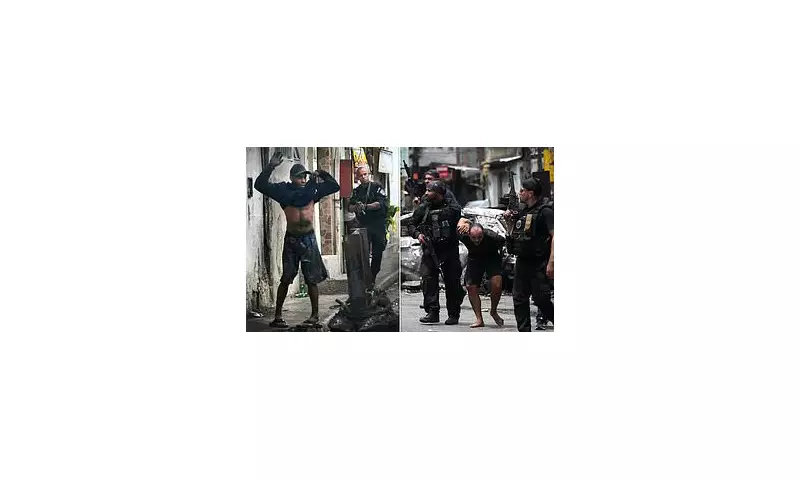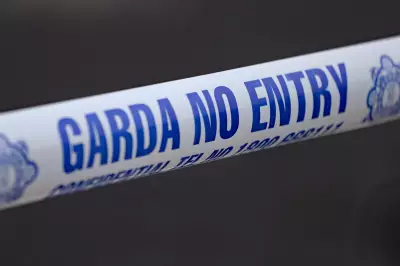
In one of the most violent police operations in Brazil's recent history, at least 64 people have been killed during coordinated raids across Rio de Janeiro's gang-controlled favelas. The massive security sweep involved approximately 2,500 heavily-armed officers targeting drug trafficking strongholds in multiple neighbourhoods.
Unprecedented Scale of Operation
The military-style operation represents one of the largest and deadliest police actions ever undertaken in the Brazilian city. Authorities deployed armoured vehicles, helicopters, and special forces units to confront well-armed gang members in their fortified positions.
According to police statements, the operation targeted the Comando Vermelho (Red Command), one of Brazil's most powerful drug cartels. The raids focused on the Complexo da Maré and Jacarezinho favelas, areas long considered no-go zones for security forces.
Civilian Casualties and Human Rights Concerns
While police claim all casualties were suspected gang members, human rights organisations have raised alarms about potential civilian deaths. Local activists report terrified residents trapped in their homes during the intense firefights that lasted for hours.
"The sound of gunfire was constant from early morning," one resident told reporters anonymously. "We couldn't leave our homes, couldn't take children to school. It felt like a war zone."
Historical Context of Violence
This operation follows years of escalating violence between police and drug gangs in Rio's impoverished communities. Previous major operations have resulted in significant casualties, but none on this scale in recent memory.
Brazilian authorities defend the aggressive tactics as necessary to combat well-organised criminal enterprises that control vast territories within the city. However, critics argue such operations often exacerbate violence and fail to address root causes.
International Reaction and Political Fallout
The bloodshed has drawn international attention, with human rights groups calling for investigations into the high death toll. The operation occurs amid ongoing debates about police brutality and appropriate use of force in Brazil's security operations.
Local officials have praised the operation as a necessary strike against organised crime, while opposition figures question the timing and execution of the raids, particularly given the staggering casualty figures.
The aftermath leaves Rio de Janeiro grappling with the consequences of one of its deadliest days in recent police history, raising urgent questions about public security strategies in Brazil's most famous city.





